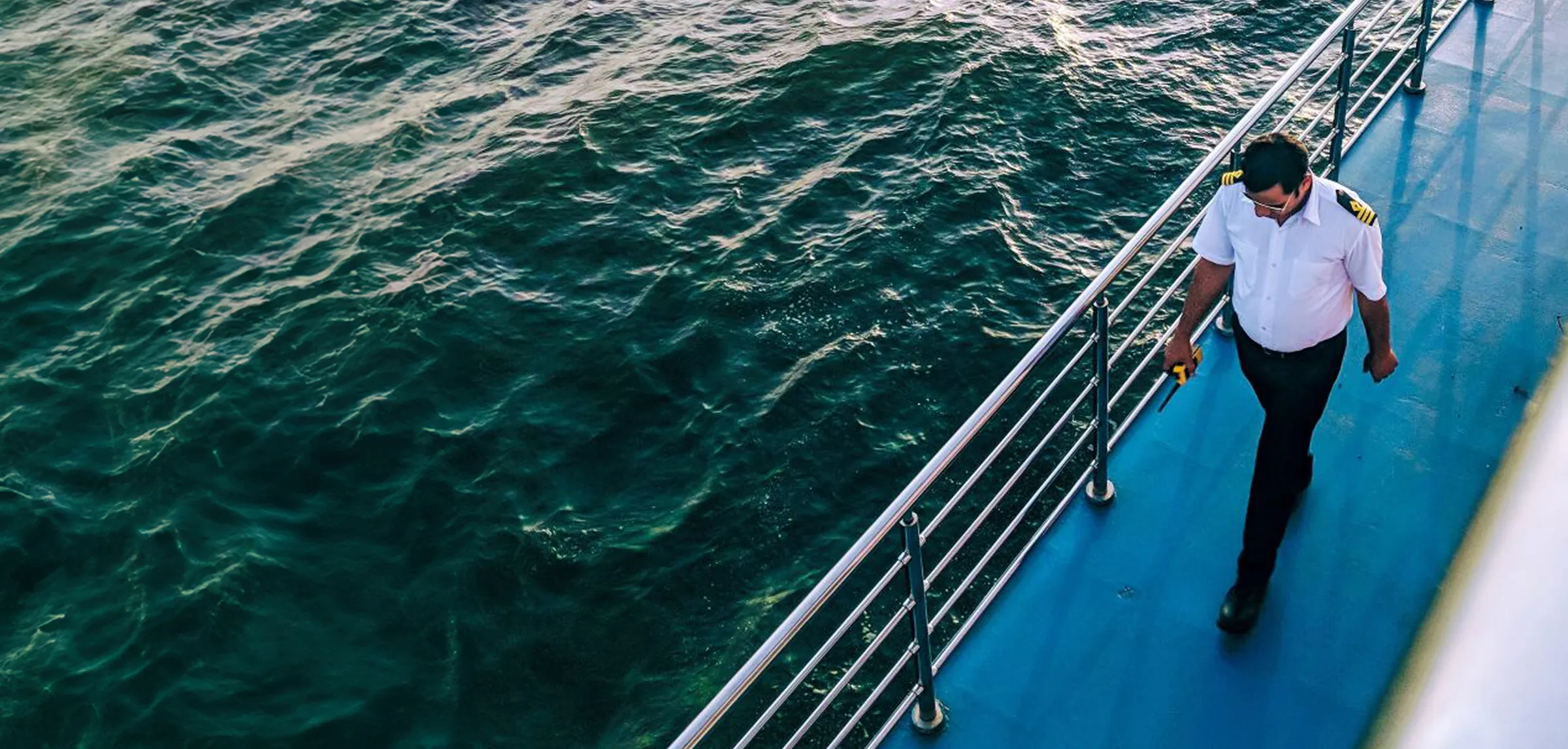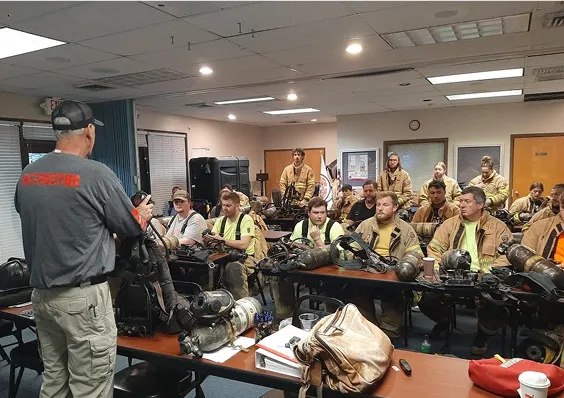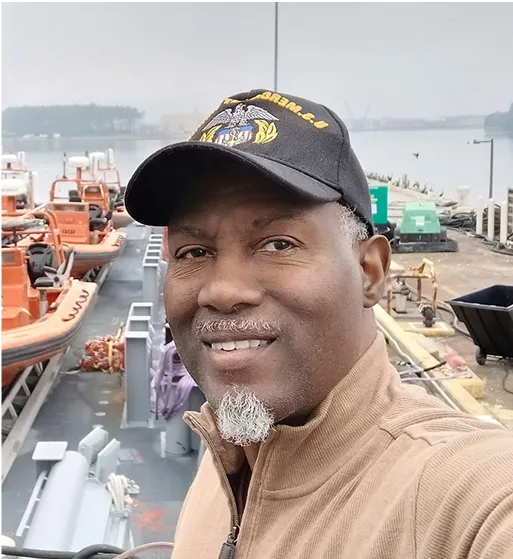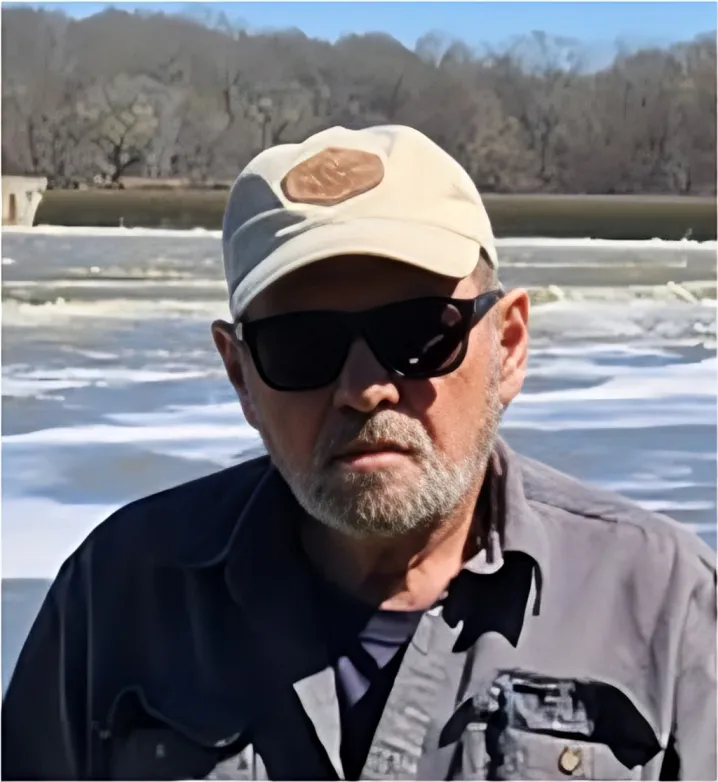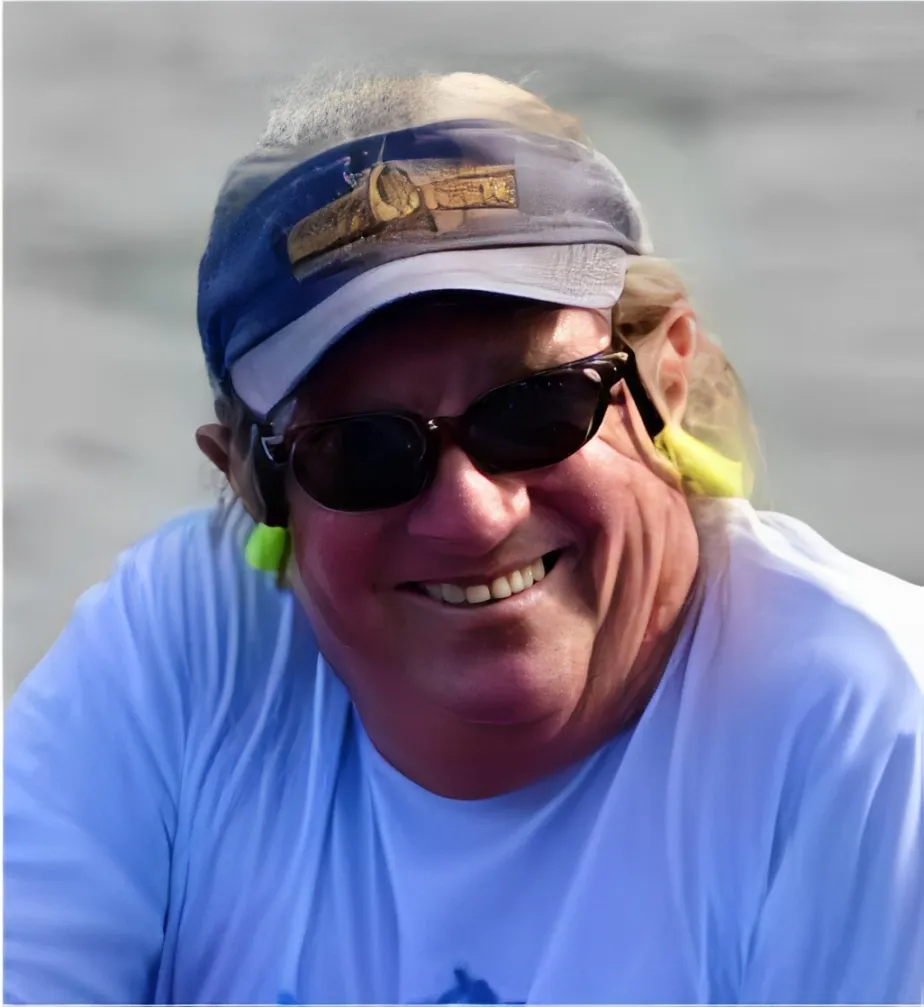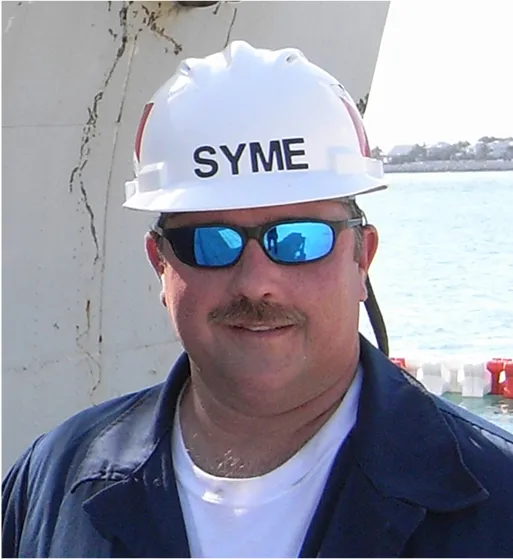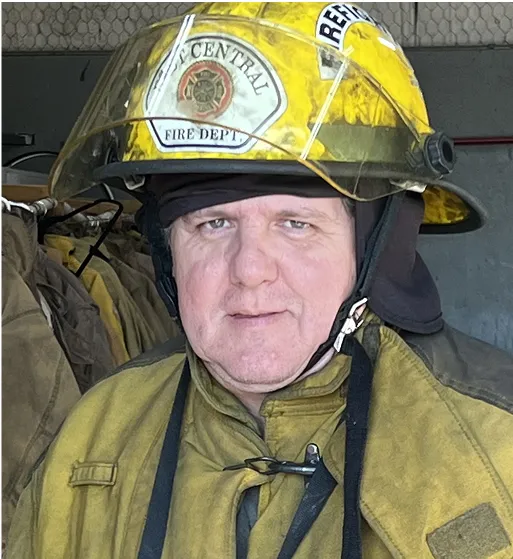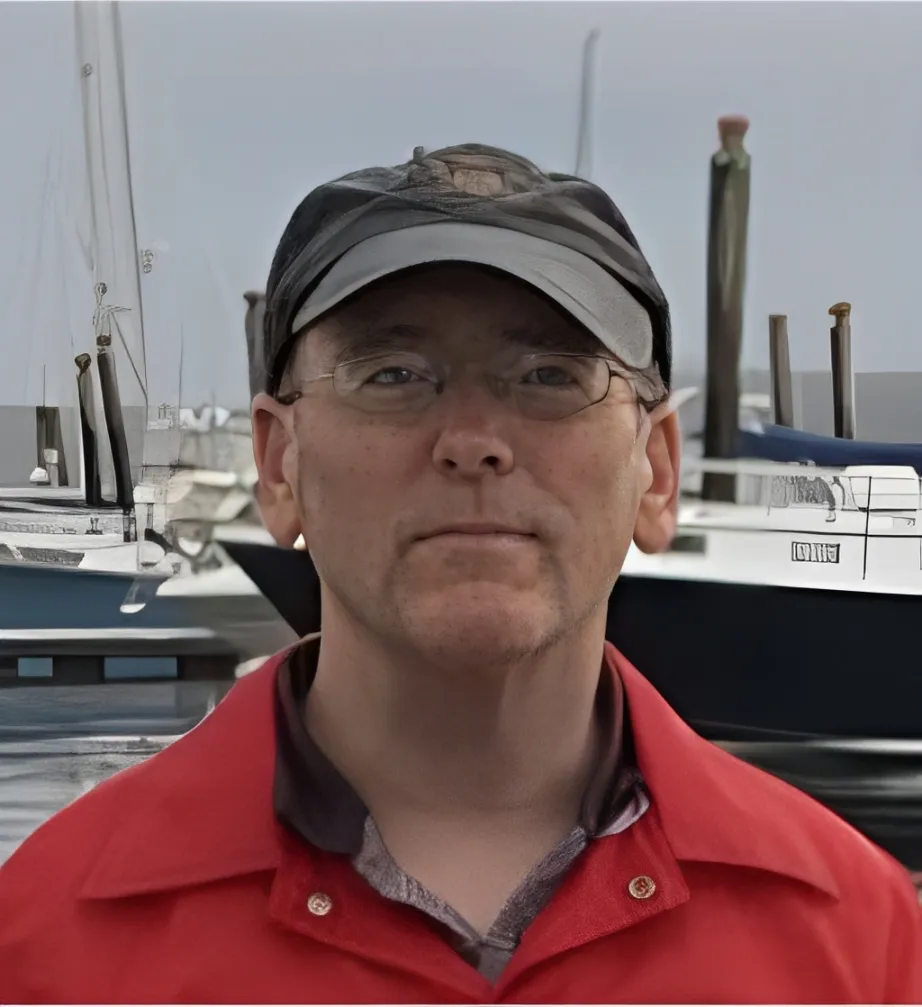FCC Marine Radio Operator Permit Course (MROP) at Sea School
Enroll today in Sea School’s FCC-MROP course and learn the basic radio law and operating practices.
.webp)
Why Thousands of Mariners Choose Sea School?
Each year, over 7,500 students choose Sea School for their maritime training. We offer 30+ USCG-approved courses across in-person, online, and satellite formats, with training available at 6 locations nationwide. Team training is also available on-site or via satellite to meet company needs.

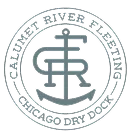
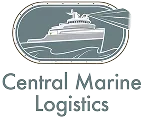


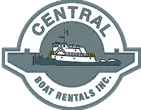

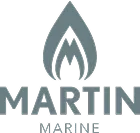








In Sea School’s FCC-MROP course, students will learn basic radio law and operating best practices
Upon successful course completion, students will receive a diploma which provides 90 days of coverage until an official FCC license is issued. The FCC requires a Marine Radio Operator Permit to operate radiotelephone stations aboard certain vessels that operator on open waters, tidewaters, and the Great Lakes of the United States. The Marine Radio Operator Permit is required to operate a radiotelephone station on vessels that carry more than six passengers for hire, or aboard vessels of more than 300 gross tons. The license is issued for a lifetime period (no renewal required).

FCC-MROP Completion and Certification Requirements
Sea School’s course alone does not satisfy any FCC approvals. Students must pass the FCC MROP exam (taken at the end of the course and submit their completed application to us) to receive their diploma and license.
Why Thousands of Mariners Choose Sea School?
Each year, over 7,500 students choose Sea School for their maritime training. We offer 30+ USCG-approved courses across in-person, online, and satellite formats, with training available at 6 locations nationwide. Team training is also available on-site or via satellite to meet company needs.
















FCC-MROP Requirements: Everything You Need to Get Certified
Eligibility Requirements
- Be a legal resident of (or otherwise eligible for employment in) the United States; and
- Be able to receive and transmit spoken messages in English; and
- Pass a written exam for the MROP
Real-World Expertise
Excellence starts with a strong foundation. We believe in mastering fundamental skills, building confidence, and ensuring every mariner has the knowledge and expertise needed to succeed in their career.
Flexible Learning Options
True leadership is demonstrated through action. We foster a hands-on approach, where mariners learn by doing and gain real-world experience that prepares them for the challenges of the industry.
Career Advancement
In the maritime world, challenges are inevitable - but so are solutions. We encourage proactive thinking, problem-solving, and the courage to take initiative.
Industry-Recognized Certifications
We never settle for mediocrity. Whether in training, leadership, or problem-solving, we strive for the highest standards in everything we do.
A Strong Community & Industry Network
Success in the maritime industry requires a strong work ethic. We embrace a roll-up-your-sleeves mentality, knowing that real growth comes from effort and persistence.
Confidence & Leadership Development
Ttrue professionals must be ready to adapt. We believe in staying agile, embracing change, and continuously expanding our skills to meet new challenges.
We’ve developed comprehensive, engaging, and practical curriculum to set you up for success on the water
While the curriculum represented on the Sea School website is a general layout of course information, it is not the exact order in which lessons are taught.
- Equipment Regulations
- License Requirements
- Watchkeeping
- Logkeeping
- Log Entries
- Miscellaneous Rules & Regulations
- Equipment Regulations
- License Requirements
- Watchkeeping
- Logkeeping
- Log Entries
- Miscellaneous Rules & Regulations
- Bridge-to-Bridge Operations
- Operating Procedures
- Distress Communication
- Urgency and Safety Communications
- Global Maritime Distress & Safety System
- Bridge-to-Bridge Operations
- Operating Procedures
- Distress Communication
- Urgency and Safety Communications
- Global Maritime Distress & Safety System
- VHF Equipment Controls
- VHF Channel Selection
- MF-HF Equipment Controls
- MH-HF Frequency & Emission Selection
- Equipment Tests
- Equipment Faults
- VHF Equipment Controls
- VHF Channel Selection
- MF-HF Equipment Controls
- MH-HF Frequency & Emission Selection
- Equipment Tests
- Equipment Faults
- Antennas
- Power Source
- Emergency Position Indicating Radio Beacon
- Search and Rescue Transponder
- Survival Craft Transponder
- Navigation TeleX
- Antennas
- Power Source
- Emergency Position Indicating Radio Beacon
- Search and Rescue Transponder
- Survival Craft Transponder
- Navigation TeleX
A Simple 3-Step Process to Get Certified and Start Your Maritime Career
Choose Your Course
Pick the course that fits your experience level and sea time and select the available format that works for you (in-person, Zoom, or online).
Enroll & Prepare
Register online or at a Sea School location. Ensure you meet eligibility requirements and start reviewing the provided study materials.
Get Certified
After finishing the course, you will need to submit your application to the Coast Guard to receive your Merchant Mariner Credential (MMC).

What Our Clients Say
What We Provide:
What Students Need to Bring:
- Students should bring a pen, pencil, highlighter, and notepad for note taking
- Student needs to register with FCC beforehand and bring FRN (FCC Registration Number) to class.
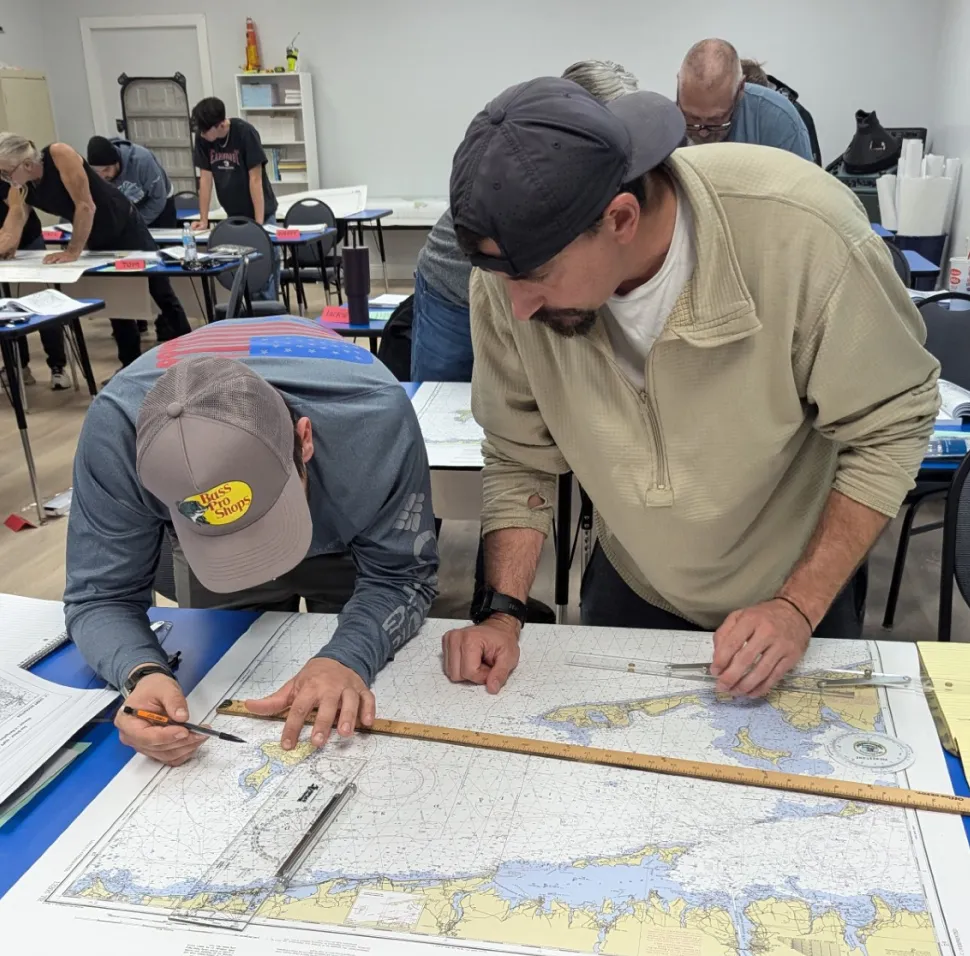
Advance your Maritime Career
All the answers you’ll need before enrolling in the FCC-MROP course
The FCC issues a Marine Radio Operator Permit (MROP) that authorizes individuals to operate certain marine radiotelephone stations. This permit is required for operating specific types of vessels including inspected vessels.
An MROP requires passing the FCC Element 1 examination. This exam covers basic radio law and operating procedures.
Obtaining an MROP is a two-step process with the Sea School. First, students must pass the FCC Element 1 examination. Upon successfully passing the exam and submitting their complted application to us, students will be issued a diploma that shows they have operational privilege for 90 days. We will submit the completed application to the FCC for you. You will receive an email from the FCC requesting a $35 application fee; once this is is paid, the FCC will email your license to you.
The MROP is issued for life.
An MROP is required to operate radiotelephone stations aboard vessel of more than 300 gross tons and vessels which carry more than six passengers for hire in the open sea or any tidewater area of the United States.
Generally, recreational boaters using Very High Frequency (VHF) marine radios do not need an MROP, but are still required to follow FCC regulations. However, recreational boaters should always check with the FCC to ensure they are compliant.
An examinee must correctly answer at least 18 out of 24 questions (75%) to pass the FCC Element 1 examination.
No, this license does not get added to your MMC but gets held along with the credential when you operate.
We offer written exams for several different commercial FCC licenses, such as GROL (electronics). Call us for details.
Yes! Our office locations can offer the exam by appointment. We will administer the exam and file your completed application to the FCC upon passing. You will need to pay the FCC application fee to receive the license.
Your Journey Begins Here – Get Certified & Get on the Water!
Helping thousands of mariners every year, Sea School is a leader in the maritime education space. Whether you are new to the industry or looking to add onto your Merchant Mariner Credential, find the courses right for you at Sea School.
